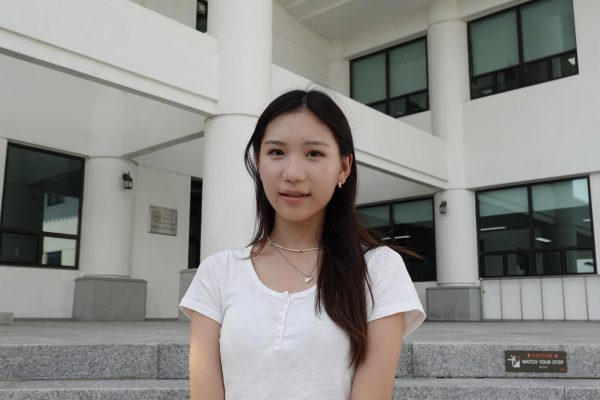Unlike the previous school years, the 2024-’25 academic year began with many changes, including the new club trial system. Instead of students signing up for their desired clubs immediately after visiting the club fair on the first day of school, they now have three weeks to attend various club meetings before making a decision. This new arrangement provides students with an opportunity to explore their options and club executives to learn how to organize their clubs.
The club trial system was implemented to allow students to explore all the clubs they are interested in. For example, if one student is interested in two clubs that have meetings on the same day, they will still be able to attend both meetings. By experiencing different clubs, students are able to select one that fits their interests.
“I went to some meetings that I did not like,” Brennan Park (9), freshman, said. “But because of the trial system, I was able to go to a lot of meetings and find out what was best for me.”
This system has also changed how clubs operate and organize themselves. In previous years, the largest project for club executives was to promote their organization as appealingly as they could to attract students. This year, with the implementation of the club trial system, executives have to plan out their trial meetings that they will hold for three weeks.
“Since our club normally goes straight into preparing for competitions, we did not have much time to introduce what our club does and do fun activities formally in the past,” Chloe Cho (12), president of Future Business Leaders of America (FBLA), said. “With this club trial system, it allowed us to have students gain a better understanding of what we do in FBLA and attract a broader range of students who might not have otherwise considered joining the club. For example, we held a sample pitch and crossfire session during the trial period. This not only helped us assess their skills in areas that are crucial to our club but also gave trial members a chance to experience real-world business scenarios.”
It is crucial for the meetings to not only cover club materials but also create an entertaining environment, which can be a difficult task.
“One challenge is maintaining the interest of trial members throughout the trial period,” Chloe said. “The fluctuating number of members made planning events and meetings a bit more difficult.”
Since students are now joining clubs based on their experience in the trial meetings, executives have to make sure that these trial meetings grab their attention. Some clubs held games while some had a formal presentation of their goals.
So far, the club trial system has been successful in allowing students to explore the many clubs of SIS, learn to organize club meetings more effectively, and think thoroughly about their club’s purpose.


